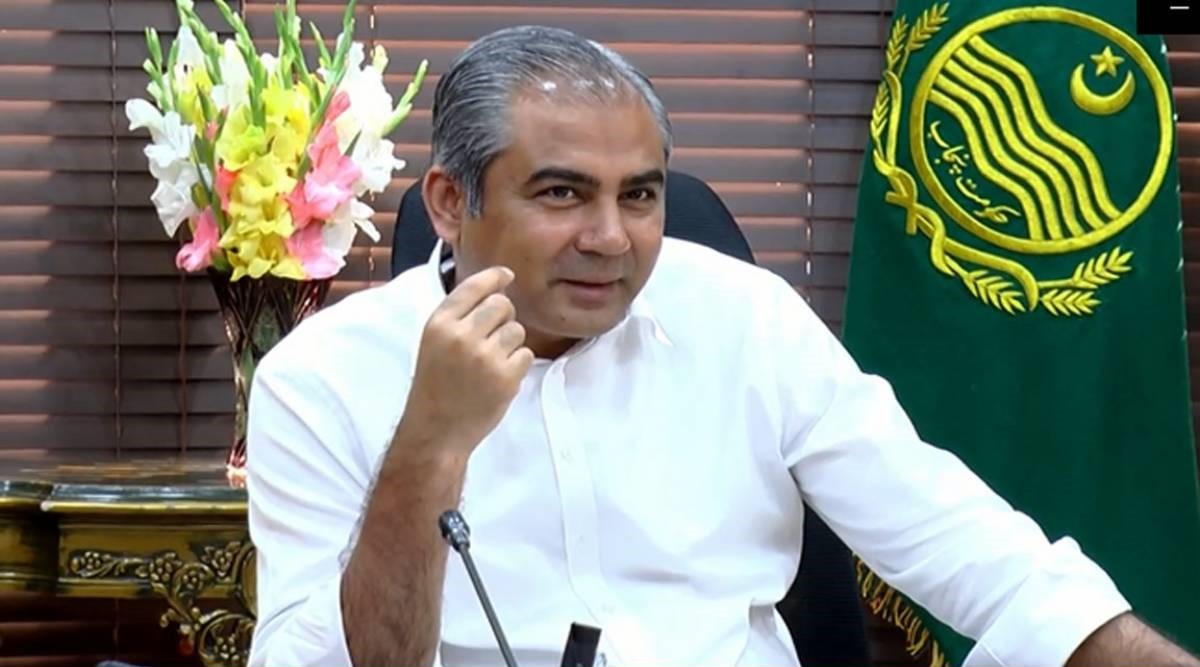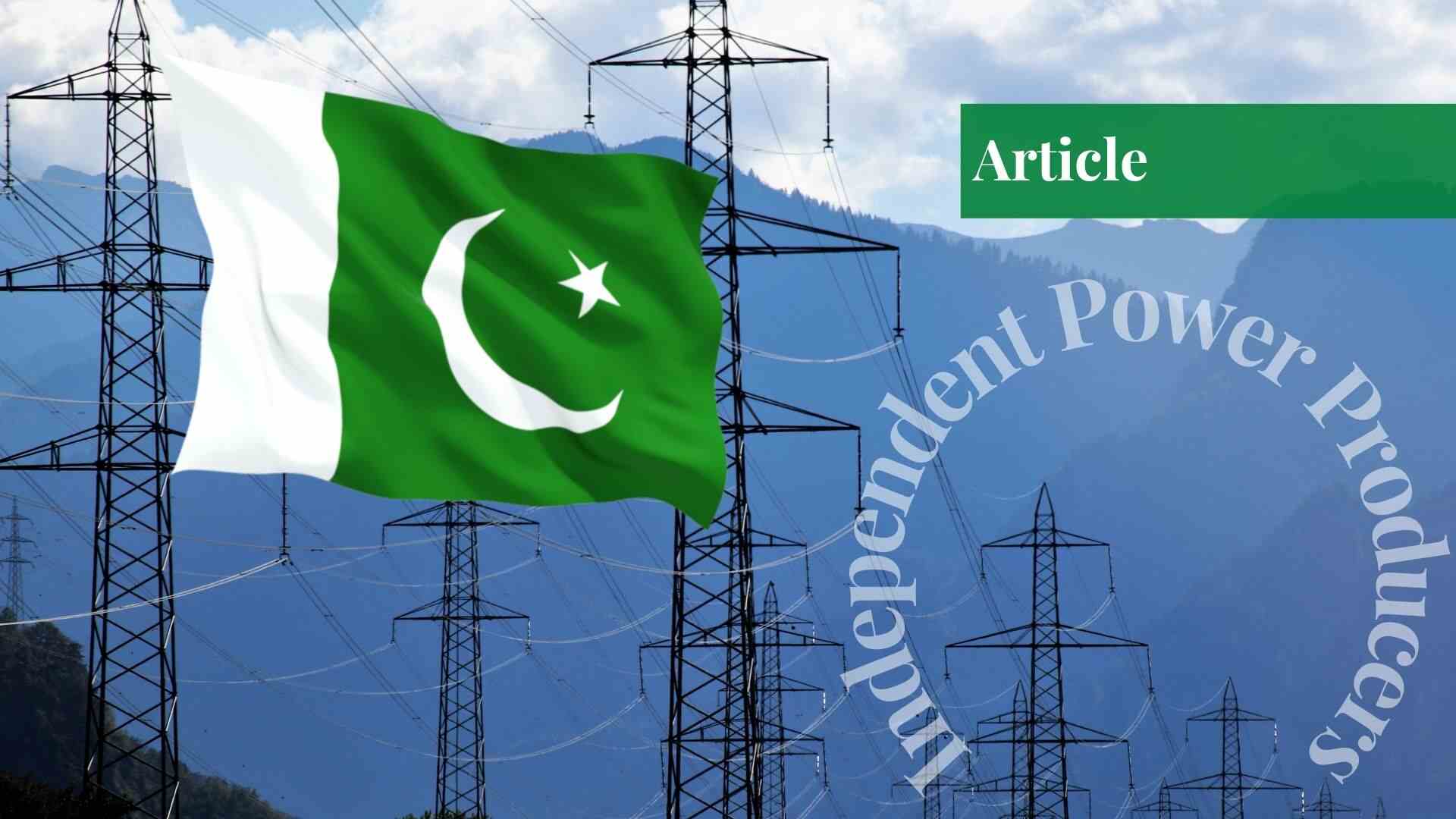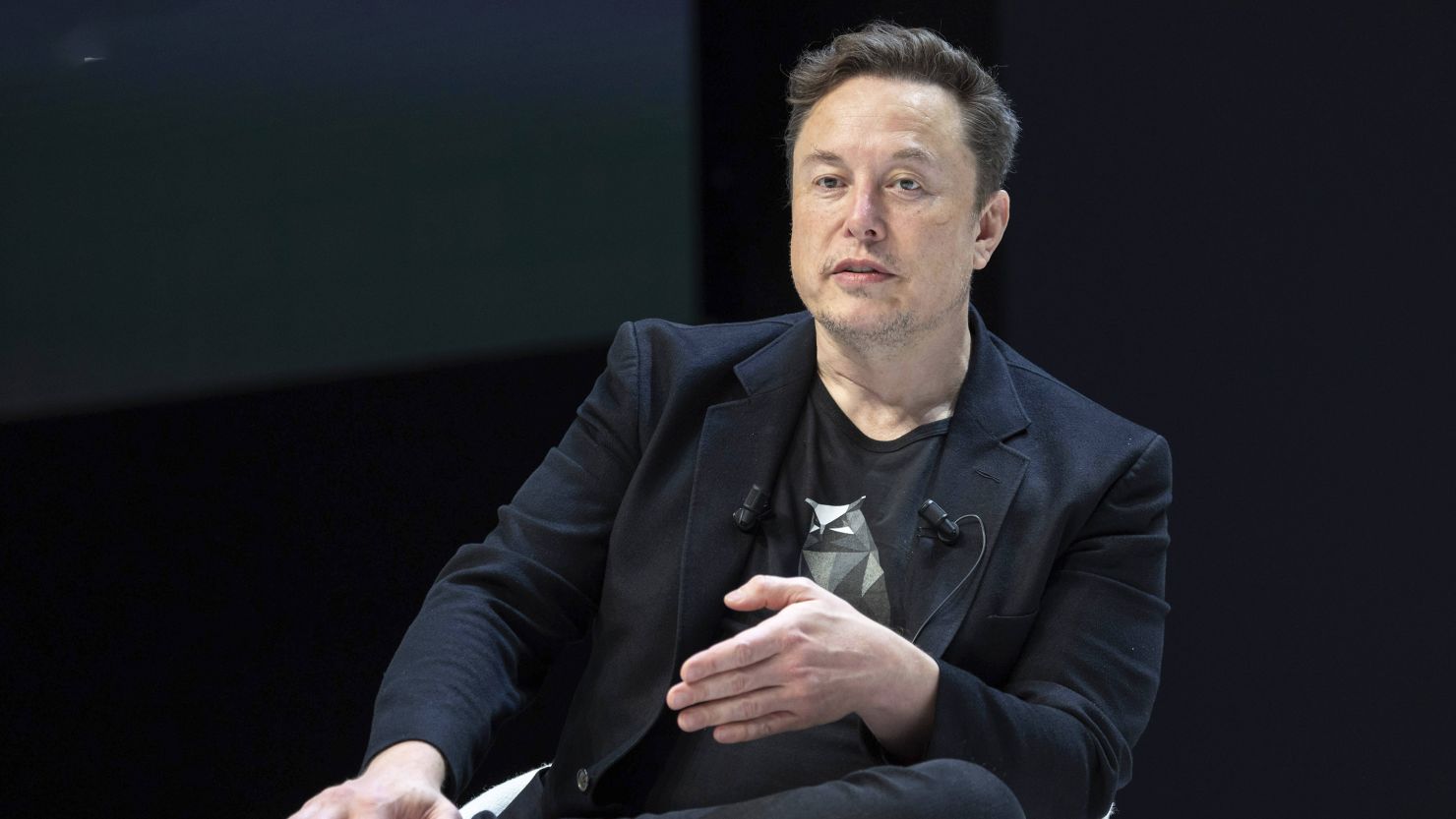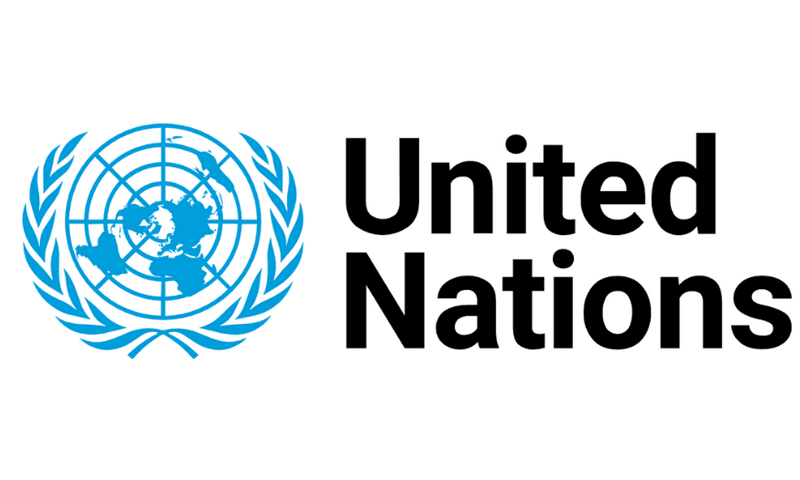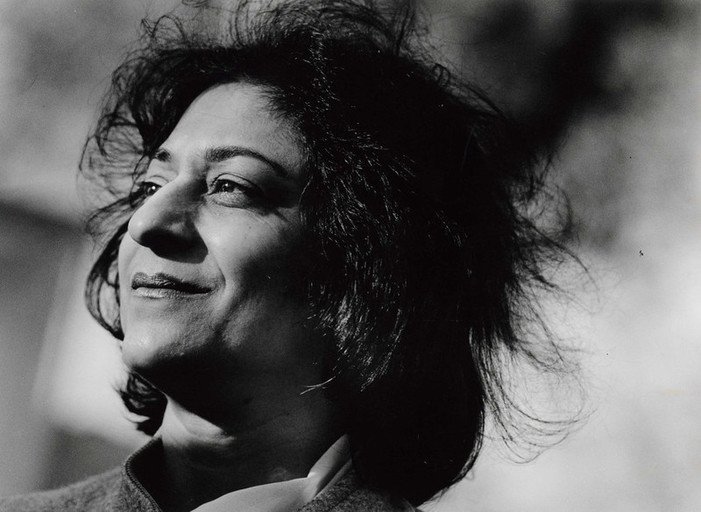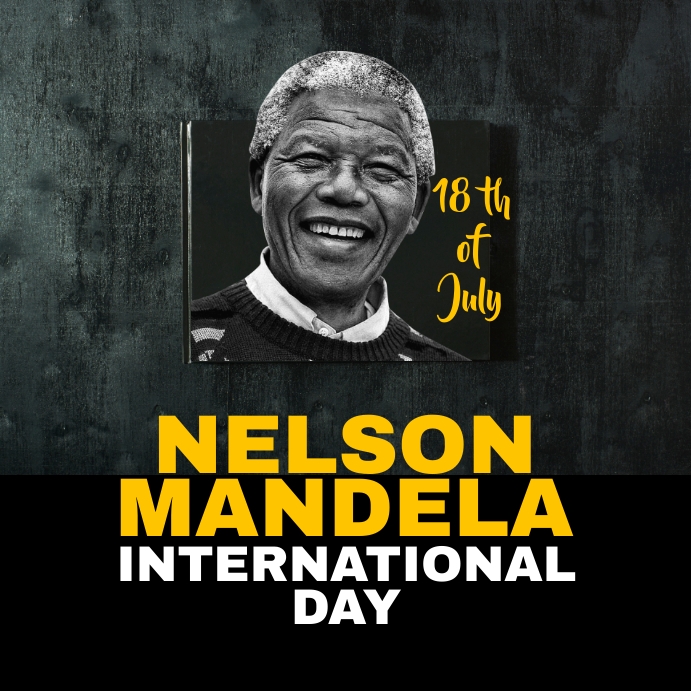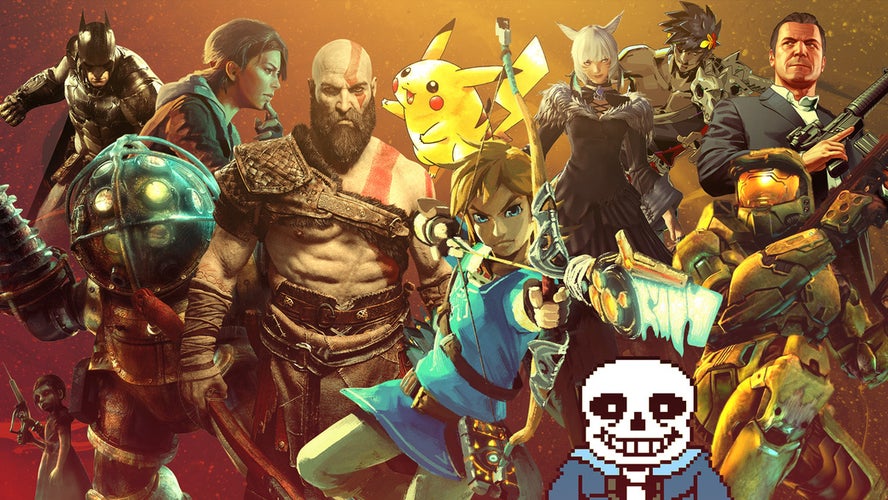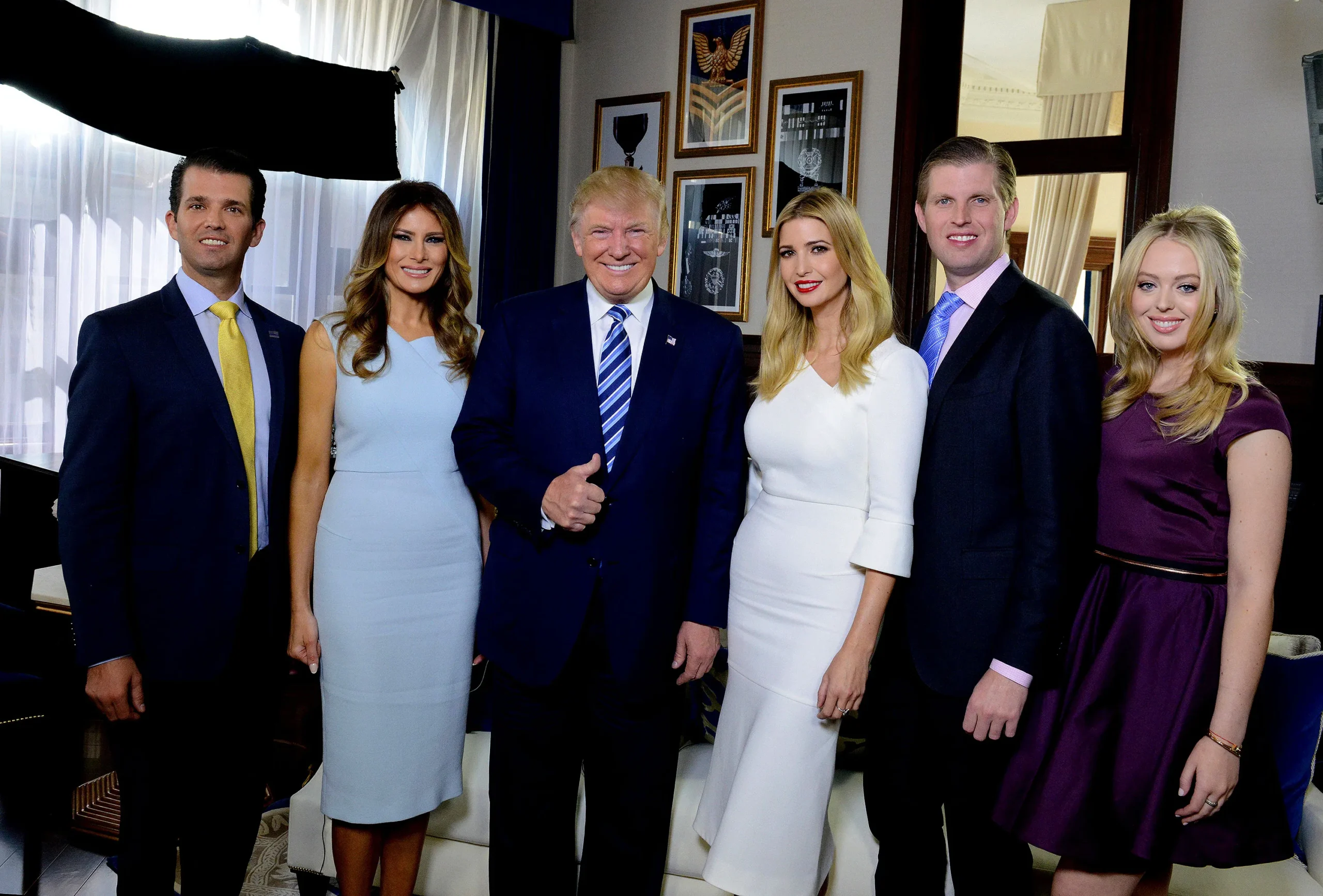Hafeez Ahmed Khan
The role of a caretaker chief minister is to ensure that the elections in their province are conducted in a free and fair manner, without any interference or influence from the outgoing government or any other party. The caretaker chief minister is expected to be neutral and impartial and to avoid any major policy changes or decisions that could affect the outcome of the elections.
However, Mohsin Naqvi, who was appointed as the caretaker chief minister of Punjab by the Election Commission, has been accused of failing to fulfill his duties and responsibilities. His tenure has been marked by allegations of bias and favoritism toward the PML-N and PPP parties while denying the PTI and other parties their political, administrative, and electioneering rights. He has also been accused of violating constitutional and legal norms and overspending from the public exchequer without proper approval or justification. Moreover, he has been accused of overseeing human rights violations in Punjab, where civil liberties were allegedly curtailed.
This article will critically examine Mohsin Naqvi’s conduct, highlighting ways in which he arguably strayed from his mandated role and compromised the electoral process.
Biased appointments, policies, and actions:
One of the core criticisms leveled against Mohsin Naqvi is his perceived favoritism toward the PML-N and PDM parties, which are the main rivals of the PTI, the party led by Imran Khan, who was widely seen as the frontrunner in the upcoming general elections. Critics allege that Naqvi systematically denied the PTI its political, administrative, and electioneering rights, such as restricting its rallies, media coverage, and campaign funds. This lack of evenhandedness severely undermines the level playing field concept, which is essential to ensure the integrity and legitimacy of elections.
Furthermore, Naqvi’s close consultations with the PML-N and PPPP parties in the appointment of key bureaucratic and police officials raise serious questions about his ability to remain impartial. The perception that appointments were made along political lines casts a shadow of doubt over the neutrality of the very institutions responsible for ensuring fair and secure elections. For instance, Naqvi worked very closely with the IG and Chief Secretary, who are PML-N loyalists and a close aide of Nawaz Sharif, as the inspector general of police and Chief Secretary in Punjab, despite the objections of the PTI and other parties. Naqvi also appointed Deputy Commissioners and District Police Officers on the recommendations of the PMLN and PPP in the province. Furthermore, Assistant Commissioners were also posted on the advice of the MNAs and MPAs of the PMLN. Hence, these AROs fully supported the cause of PMLN and PPP during the electioneering processes in the Punjab province.
Constitutional and legal violations:
The caretaker government could not hold provincial assembly elections despite the orders of the Supreme Court of Pakistan. It was the naked violation of the constitution and contempt of court committed by Naqvi with the support of the IG and Chief Secretary Punjab. Accusations that Mohsin Naqvi disregarded prevailing legislation and overstepped his constitutional and legal authority further eroded confidence in his caretaker role. If a caretaker chief minister exceeds the defined scope of their mandate, they risk undermining the rule of law and jeopardizing the democratic process.
For example, Naqvi announced several development projects in Punjab, such as the construction of roads, bridges, and hospitals, which are beyond the purview of a caretaker government. He also issued several ordinances, such as the amendment in the Punjab Civil Servants Act, in total violation of court orders and legislation, to make sure that junior officers are posted in higher positions. This amendment paved the way for the nepotism in the bureaucracy.
Moreover, Naqvi transferred funds from the provincial budget to various departments and projects without the approval of the cabinet or the provincial assembly. He also spent public funds without proper justification, such as hiring consultants, purchasing vehicles, and traveling abroad. These actions raised concerns about the potential misuse of public funds and the lack of financial oversight and accountability.
Human rights abuses:
The totality of these actions paints a picture of a caretaker chief minister who did not adhere to the principles of neutrality and fairness. Mohsin Naqvi’s legacy may well be tarnished by accusations of human rights violations in Punjab, where civil liberties were allegedly curtailed.
For instance, Naqvi suppressed dissent and criticism of his government by harassing activists, journalists, and opposition leaders. He also detained protesters and workers of the PTI and other parties and filed cases against them under the Anti-Terrorism Act. He also banned the entry of Imran Khan and other PTI leaders into Punjab and prevented them from holding rallies and meetings in the province.
These actions violated the fundamental rights of the citizens, such as the right to freedom of expression, assembly, and association and the right to participate in the political process. They also created an atmosphere of fear and intimidation, which could deter voters from exercising their right to vote. Naqvi is branded as the worst human rights violator in the province by his critics. Even during the elections, section 144 and MPO acts were often imposed to curtail and target the political activities of the PTI. Police would often break into the houses of political workers and harass the family members. Thus, it was an era of human rights violations and abuses.
Lastly, Mohsin Naqvi failed to perform his duties as a neutral and impartial chief executive of the province and instead favored the PML-N and PDM parties while denying the PTI and other parties their rights and liberties. He also violated the constitutional and legal norms and overspent from the public exchequer without proper approval or justification. Moreover, he oversaw human rights violations in Punjab, where civil liberties were allegedly curtailed.
His conduct compromised the electoral process and the democratic system and undermined the trust and confidence of the people in the caretaker government and the institutions responsible for ensuring free and fair elections. History may judge him as a figure who failed to uphold the democratic ideals he was entrusted to preserve.
Please, subscribe to the YouTube channel of republicpolicy.com



































